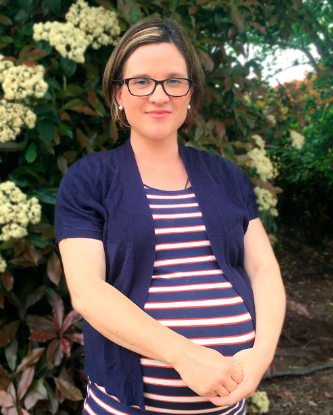“I could never do any of that stuff in my life,” said Sarah Jessica Parker of the character she portrays in the hit television show Sex and the City, in a recent profile by the New Yorker. “It would be immoral. It would be unprincipled. An affair, husbands, kissing, buying, drinking—whims, whims, whims!” Later in the same profile she admits that she doesn’t allow her twin daughters, aged 14, to watch the show.
Personally, I find that a little counter intuitive. On the one hand, we have Parker the actress portraying a character that audiences love to hate, both because of and despite her poor decision making and life choices. And on the other hand, we have Parker the mother, who wishes to shield her own daughters from the content. Granted, the girls are still younger than the target audience but I feel as though that’s beside the point. Why inhabit an onscreen persona that you don’t want your children to look up to?
Of course, one could argue that Parker can portray any character she chooses to, it’s her career after all. However, if she is not keen to introduce the character of Carrie to her daughters, and has taken pains over the course of her career to insist that she is markedly dissimilar to her onscreen persona, it is interesting that she took on the role in the first place.
But it also posits a bigger question – what is a good character and what is good character? And what does our modern culture value more?
No prizes for guessing that one.
So then, is Carrie a good character without good character? Certainly, reviews and criticism of the show suggest that she is chaotic and divisive and, much to the feminist’s chagrin, wanted her happily ever after with Mr Big [NB. I must add a disclaimer here: I haven’t watched the show or its subsequent movies and spin off series, nor do I intend to].
Is the success of Sex and the City then, less to do with its questionable content and more to do with our elusive search for meaning and happiness? Does the chaotic character resonate with old and new fans alike because they too are searching for the same things, but perhaps not in the same way?

If Carrie’s character was formed more on virtue than vice would that make her more or less appealing to the audience? And, more importantly, is she redeemable?
If Carrie were more virtuous I think we could safely assume that she would be less marketable as the lead in a television series. The build up of tension over a series is reliant upon internal and external pressures upon the characters. If the characters tended more to virtues like prudence and temperance then it’s likely that Sex and the City would never have made it past the pilot.
Despite the tendency to vice and self indulgence, no character – nor person – for that matter is wholly without virtue. We all have natural human virtues which can be strengthened and increased if we are willing to improve our character.
So maybe the materialistic and hedonistic culture of the fictional Manhattan inhabited by Carrie Bradshaw is not the best breeding ground for good, authentic character. Even if it does make for incredibly popular television viewing.
The development of good character means eschewing the many external pressures that pull us away from the cultivation of virtue, and resisting the temptation to fall into vice. It means learning to think and act with prudence, temperance and charity as well as fortitude and determination when we feel those familiar tugs on us towards vice.
The path to virtue is less glamorous and generally not – except on the very rare occasion perhaps – accomplished in a pair of ridiculously expensive Manolo Blahniks.

By Emily Shaw
Emily is a former ACPA award winning magazine editor. Emily shares 15 years of marriage with her husband, Ben, and is now stay at home mum of seven and freelance journalist. Emily’s work has been featured in a variety of media internationally, writing on all things faith, parenting and craft. She brings close to 20 years of experience in media — print, online and social — as well as several years in active youth ministry including three years as the Diocesan Coordinator.
